In many eras, Jamaican music’s journey is indeed very interesting to listen to. One of them is about the story of many scenesters who had a big and important part on this journey. Some of the names among these important figures are, the Asian descent, another interesting fact to explore. Kultur did share a brief history about Leslie Kong, the owner of Beverly’s Records. This time, let us share our brief story about Joseph Hoo Kim, founder of legendary studio and record company, Channel One!

Growing up on Maxfield Avenue, Kingston – Jamaica, Joseph “Jo Jo” Hoo Kim and his younger brother, Ernest Hoo Kim, was one of the reasons why they crossed paths with the music industry. This is a result of their entrepreneurial intelligence after the family jukebox and slot machines business run by his father were forced to stop in the 1970s due to Jamaican government regulations.
Coming from a multicultural family, Joseph and Ernest easily absorb various cultures. Their mother had Chinese and Jewish ancestry, while their father was a Chinese immigrant who later chose to settle in Jamaica, despite initially having plans to settle in Panama.
Jo Jo’s journey began when he and a reggae veteran, John Holt, visited Dynamic Sound (Edward Seaga’s studio, who later became Jamaica’s prime minister). This visit then inspired Jo Jo to build his own music studio. In 1972, the Jo Jo brothers spent 32,000 dollars with additional capital assistance from Bill Garnett of 42,000 dollars, they started a music studio business with 4 track technology in the same building owned by the Jo Jo family. This business unit also became a legendary record label, Channel One!
In the early years, Jo Jo hired Bunny “Striker” Lee as producer, and Syd Bucknor (cousin of Clement “Coxson” Dodd, the founder of Studio One) as sound engineer. This lineup then carried out their own “trial” by producing the single “Can “I Change My Mind” by Delroy Wilson with the backup from the legendary group Soul Syndicate. A move that then encouraged other talents from Jamaica to work there. Names that later became icons and legends, including Henry “Junjo” Lawes, Phil Pratt and Lee “Scratch” Perry.
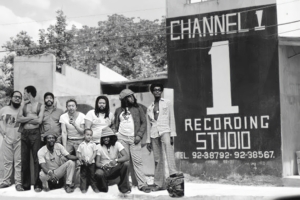
Channel One has indeed become a historical entity in the realm of Jamaican music, which is now enjoyed by all the people around the world. One of its instrumental acts is Jo Jo’s idea to provide the in-house musicians to support the production of Channel One artists. The club was then known as The Revolutionaries. The music unit which later gave birth to the busiest rhythm section duet of all time, the “Rhythm Guru” Sly Dunbar (drums), Robby Shakespeare (bass). The Revolutionaries are also reinforced by many other legends, such as Ansel Collins (keyboards, piano) and Tommy McCook (saxophone). After producing for Delroy Wilson, they then slowly produced many releases, from Leroy Smart, Junior Byles to Horace Andy.
Channel One’s superiority is visibly increasing, this is shown by the success of The Mighty Diamonds‘ single “Right Time”. The following year Jo Jo acted as producer for their LP of the same title. Alternately, John Holt, Black Uhuru, The Wailing Souls and Dillinger are also part of the history of this historical musical imprint.
Channel One also became an extension of musical imprints such as Greensleeves Records, Island Records and Virgin Records to distribute their works in Jamaica. Jo Jo is also listed as the first producer to produce a new rhythm upon the old rhythm, although this has become a controversy, eventually this method is widely used until now.
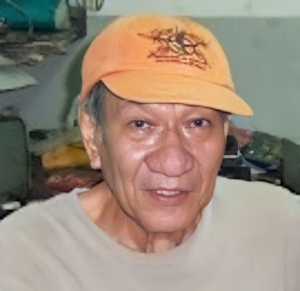
1977, became the lowest point for Jo Jo who was hit by a great depression, when his second brother Paul Hoo Kim, died in a robbery incident. As a result of this tragic incident, he decided to take a short break and go to New York – United States, and he also evaluated and sharpened his business insights. In 1979, Jo Jo renovated the Channel One studio in Jamaica, and commuted monthly to control all the productions.
In the early 1980s, Jo Jo again teamed up with Ernest Hoo Kim to open a Channel One subsidiary in Brooklyn, New York. And in 1983, Channel One released a series of albums titled “Showdown Series.” A production concept that pairs a newcomer singer to team up with a well-known singer in a competitive vibe known as the “clash” series, the first release of this 8 series is an act from Little John meets his mentor Barry Brown. T
The dominance of digital-style music in Jamaica at that time, made the two brothers decide to close their studio and live permanently in New York. Jo Jo (Joseph Hoo Kim) died on September 20, 2018 due to liver cancer. Even so, the legacy of Channel One is still alive today!
(Text: Keyko, Editor & Translation: Sam)
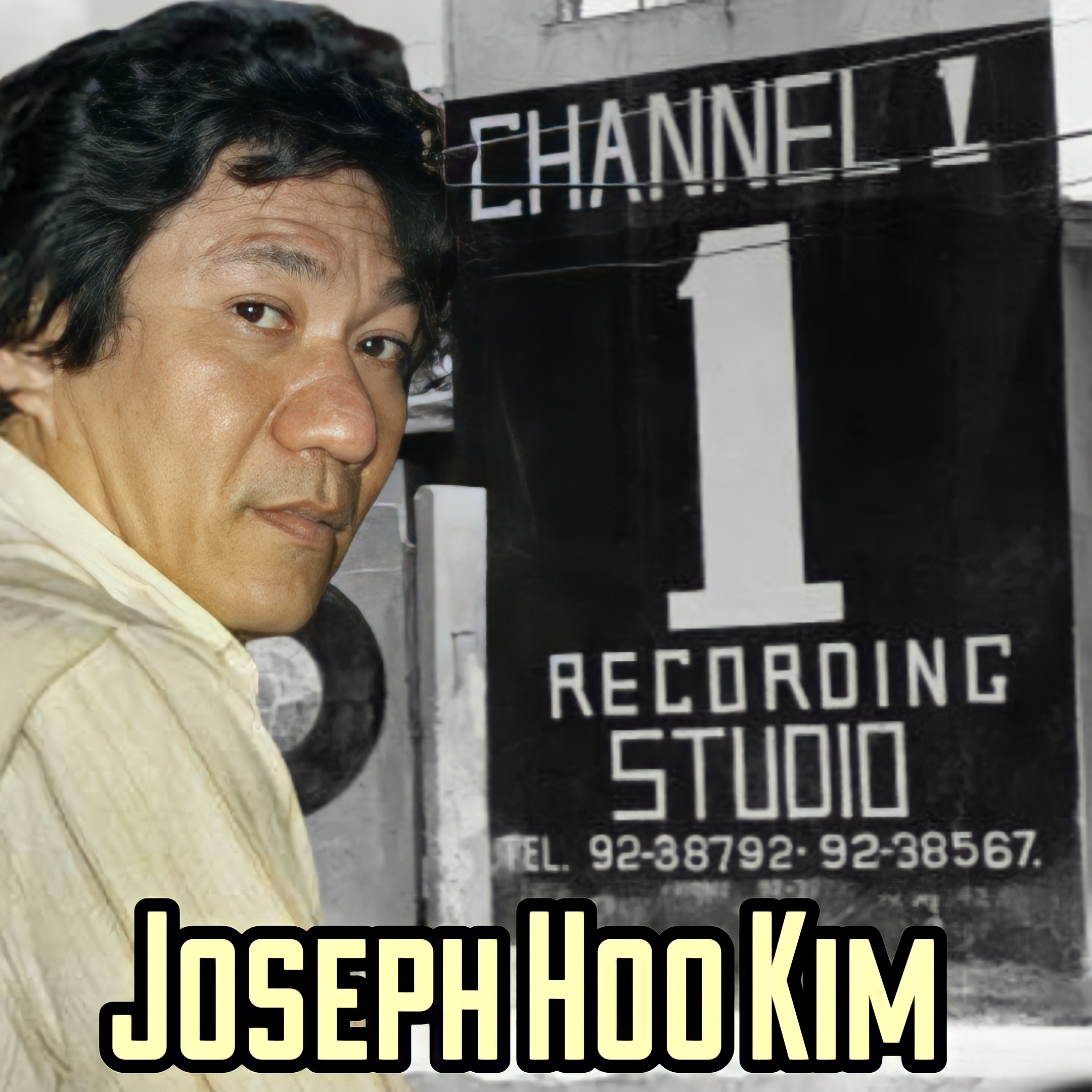


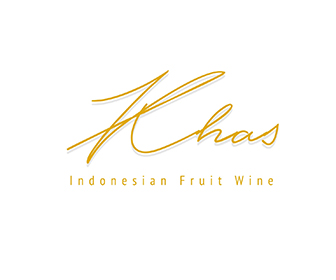
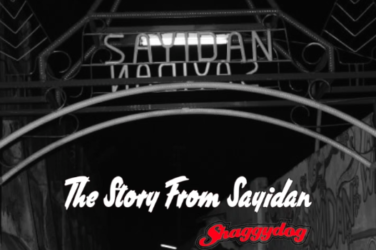
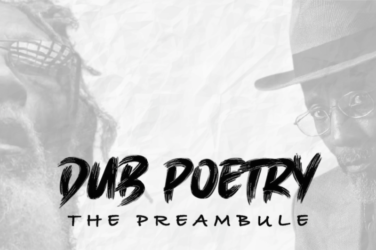

Show Comments (0)